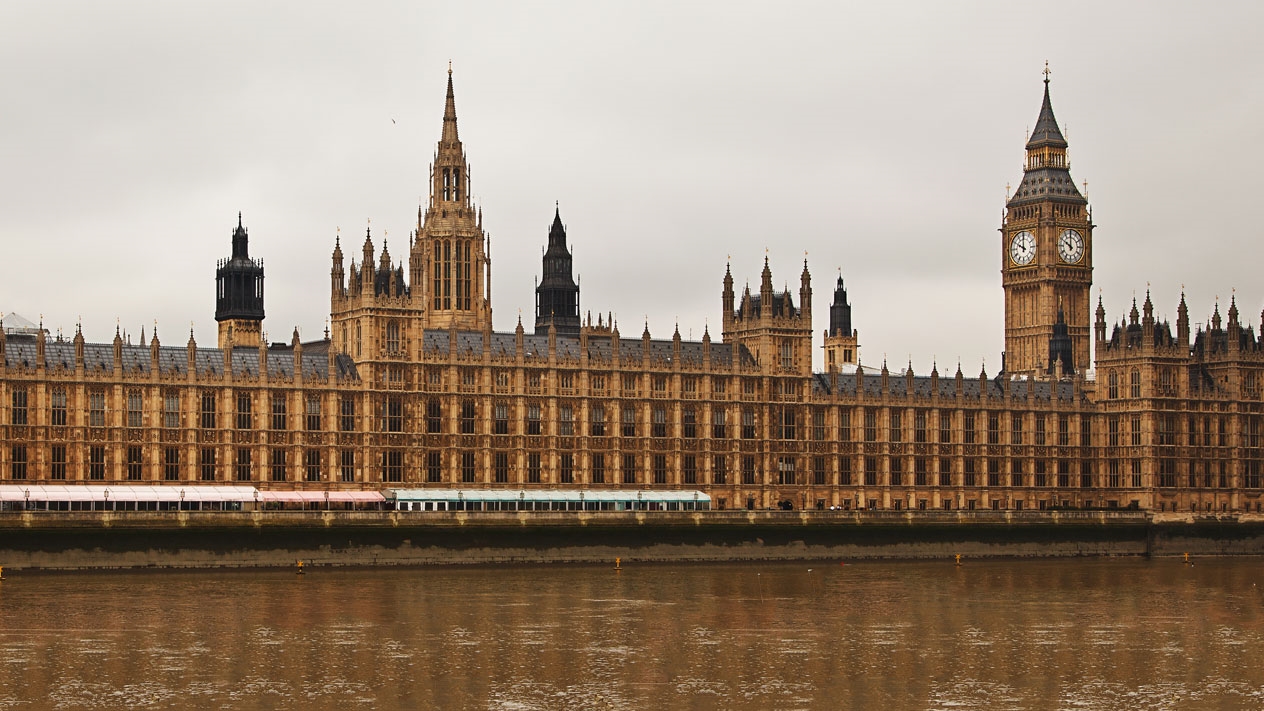The Rivers Trust, as part of the Wildlife and Countryside Link coalition, with Surfers Against Sewage, The Angling Trust, Wildlife Trusts, Friends of the Earth and the Marine Conservation Society, have issued a parliamentary briefing note to MPs. The briefing urges MPs to engage on Defra’s Storm Overflows Discharge Reduction Plan, out for consultation until May 12, and to press Defra to significantly strengthen its target measures and broaden their scope.
Defra’s plan sets out targets for water companies to reduce the harm caused by sewage pollution from combined sewer (or storm) overflows, meeting the objective set in the Environment Act last year. It commits to improving 100% of storm overflows by 2050 – nearly three decades from now – with issues at all high priority sites such as high amenity spots and Sites of Special Scientific Interest (SSSIs) addressed by 2045. However, The eNGOs have criticised the plan on the basis that:
- The plan is too narrow in its scope, only giving targets for water companies;
- The timeline for action lacks ambition and is out of step with other proposed government environment targets on pollution reduction and nature’s recovery;
- Under the plan half of storm overflows would still be spilling untreated sewage in 2040;
- It lacks targets for the government to implement enabling legislation and regulations as recommended by MPs on the Environmental Audit Committee (EAC) and by the Defra Taskforce on Storm Overflows.
Christine Colvin of The Rivers Trust, said: “I can well appreciate that fixing our sewage pollution problem is a monumental task, but this plan fails to respond to the clear public will for rivers to be cleaned up urgently, or to MPs’ and experts’ recommendations on how to do that. As it stands, this plan does not go far enough, fast enough. We urge all members of the public who care about clean rivers to participate in this consultation. Our beloved rivers are the arteries of the country, and these paltry targets mean they could be lost to another generation – who knows if they’ll be able to recover.”
The Wildlife and Countryside Link group are calling for the plan to be strengthened by including:
- A broader scope that addresses the root causes of the problem;
- targets for government action with more detail on how different government departments will implement it in an integrated way;
- much greater ambition and urgency in the targets for water companies that are set, with a higher reduction in harm by 2030.
It therefore needs to tackle:
- under-investment in sewage infrastructure (financial regulation / corporate governance) by water companies;
- lack of enforcement of existing regulations by the EA and OfWat;
- blockages from Fats, Oils and Greases (FOGs), plus wetwipes and other ‘un-flushables’;
- lack of separation options and the automatic ‘right to connect’ to sewers;
- lack of uptake of sustainable urban drainage (SuDs) alternatives by Local Authorities and developers.
Richard Benwell, CEO Wildlife and Countryside Link, said: “Sewage pollution can suffocate the life from rivers and streams, leaving waters dead where they should be teeming with life. This can have a knock-on effect on other habitats and species that depend on our rivers and streams. It is good that DEFRA is naming the problem of sewage pollution as a priority, but the plan does not reflect that urgency.
“The Government has a legal commitment to halt the decline of nature by 2030, but this plan would allow the majority of the storm overflows that blight our most important wildlife sites to keep spilling by 2030 and beyond. That is simply too slow. In a healthy ecosystem, life and vitality would flow through our rivers, sustaining the wider environment. Instead, they remain highways for pollution.”
Stuart Singleton-White, Head of Campaigns at the Angling Trust, said: “The government’s consultation on their storm overflow reduction plan, like all the raw sewage pouring into our rivers, fails the smell test. You could say it stinks. It lacks the ambition to match the rhetoric on cleaning up our rivers we have heard from the government. This is an attempt to try and look as if they are doing something, when in fact, they are simply seeing what they can get away with.”
Amy Slack, Head of Campaigns and Policy for Surfers Against Sewage, added: The level of public outrage on the sewage pollution scandal continues to grow by the day, yet the government storm overflow reduction plan simply kicks the can down the river with targets and timeframes decades away. The water industry must surely be forced to act faster, with a greater urgency to tackle their woeful pollution record that is contributing to the destruction of our rivers and coastline. This consultation shouldn’t provide them, government or regulators the space to swim away from their responsibilities.”



